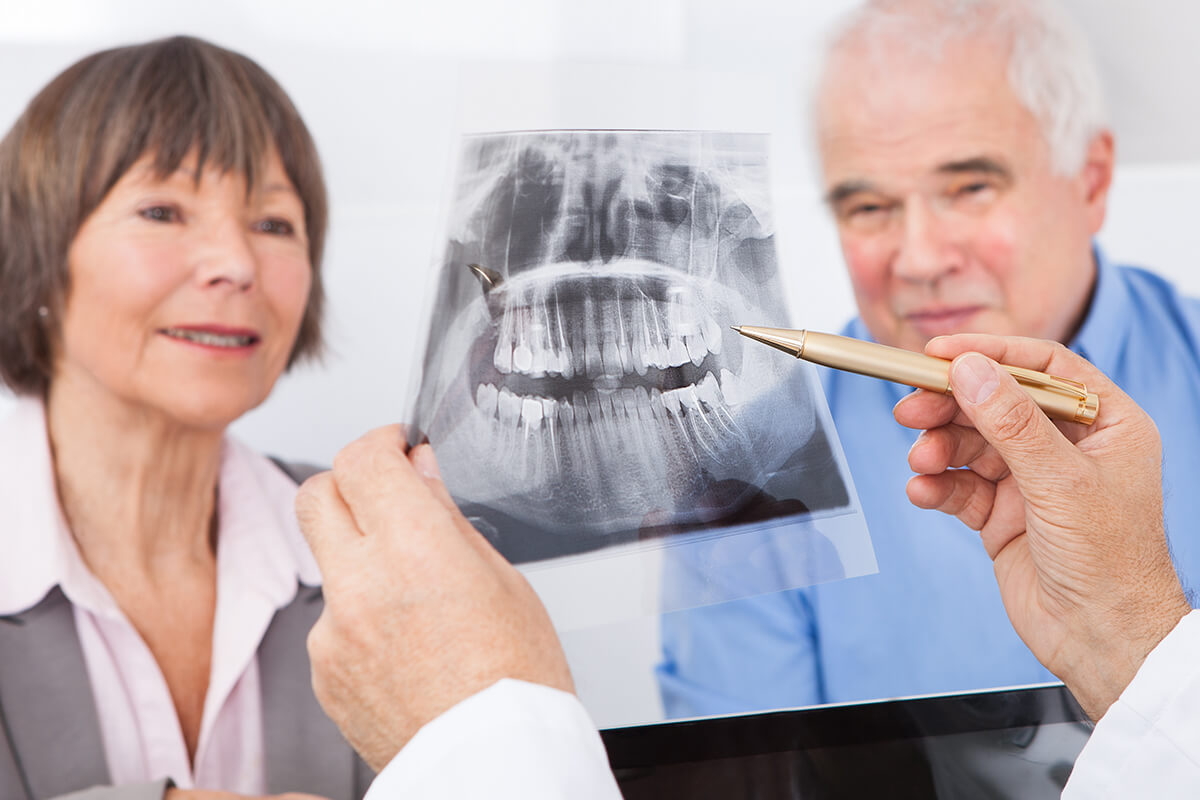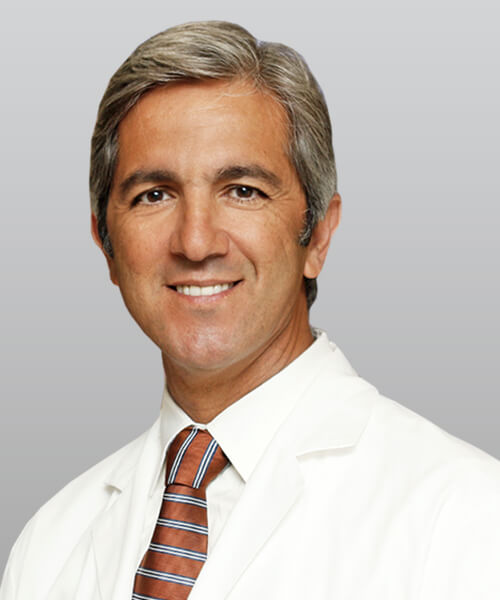
Digital technology has transformed dentistry practices significantly. Radiography, particularly digital X-rays, represents cutting-edge technology in dental imaging. Unlike X-ray film, electronic sensors capture and transmit digital images to a computer. These images can be enlarged, aiding dentists and hygienists in identifying issues more easily. Digital X-rays also significantly decrease radiation exposure, reducing up to 90% compared to traditional X-rays.
Dental x-rays offer crucial insights and details that aren't typically visible during a routine dental exam. Dentists rely on this information to identify hidden dental issues and devise precise treatment plans. Without digital X-rays, problematic areas might remain undetected, potentially impacting the overall dental health assessment.
Absolutely! Dental x-rays can unveil various issues like bone loss, abscesses, cysts, interdental decay, developmental abnormalities, and problems with tooth and root positioning. Detecting and treating these complications early not only saves time and discomfort but also prevents potential extensive treatments and preserves dental health and finances. Early intervention is key to maintaining healthy teeth and gums.
Are dental x-rays safe, and what's the recommended frequency for their use?
Digital X-rays significantly reduce radiation compared to traditional ones. While dental X-rays are generally safe, dentists take precautions such as using lead aprons to shield the body and limit X-ray capture to necessary images for diagnosis, minimizing radiation exposure for patients.
Dental x-rays are tailored to a patient’s dental health requirements. Your dentist or hygienist will determine necessary X-rays following a dental examination, considering signs, symptoms, disease risk, age, and medical history.
New patients are often recommended to undergo a full mouth series of dental x-rays, typically adequate for three to five years. Additionally, bite-wing x-rays, taken biannually, are encouraged to spot irregularities and monitor oral health more frequently.




